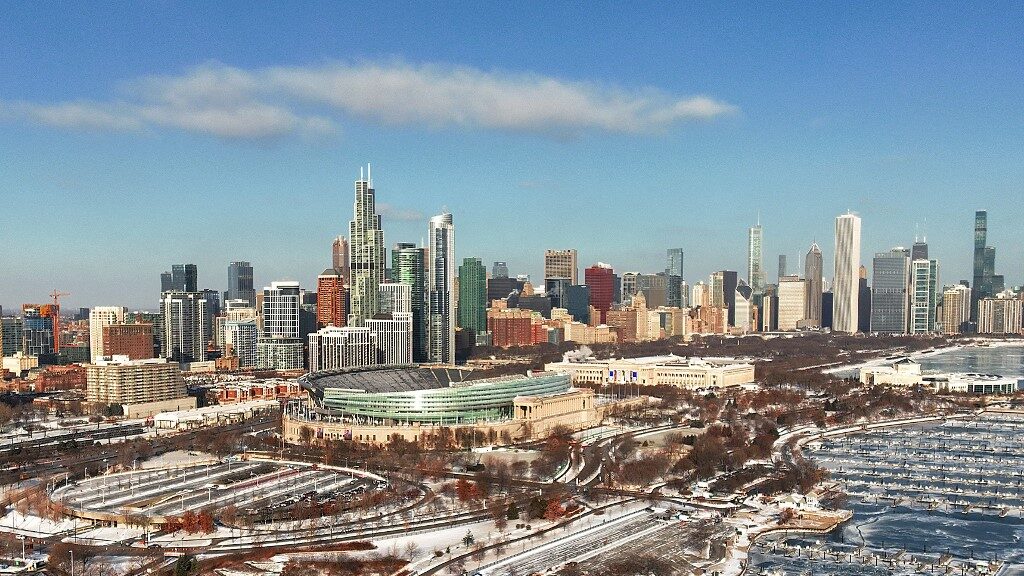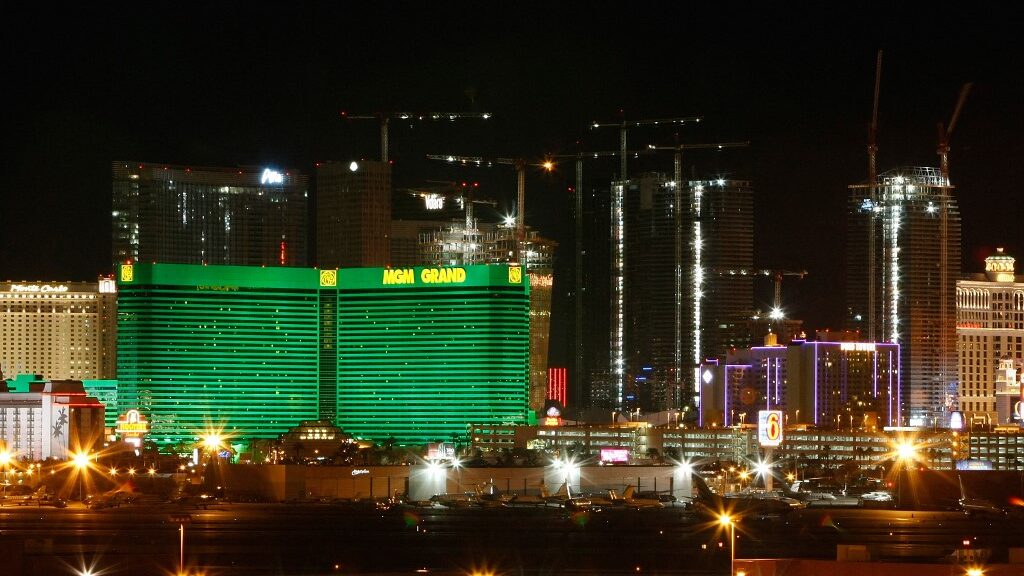
Legal Gray Zone
Fantasy sports are a popular form of entertainment for millions of Americans who enjoy creating and managing their own teams based on real-life athletes and competing with other players.
Unlike sports betting, which involves wagering on the outcome of a single game or event, fantasy sports require skill, strategy and long-term commitment. Fantasy sports players have to research the performance, injury and schedule of their chosen athletes, as well as the rules and scoring system of their fantasy league.
However, fantasy sports are often lumped together with sports betting in the eyes of the law, creating confusion and uncertainty for both players and operators.
In Illinois, for example, the Sports Wagering Act of 2019 legalized sports betting but did not explicitly address the status of fantasy sports. This left fantasy sports in a legal gray area, subject to potential prosecution under the state’s gambling laws. Let’s delve a little further into this dilemma and analyze its repercussions on the online sportsbooks industry.
New Legislation Would Regulate Fantasy Sports in Illinois
Fortunately, a new legislative initiative aims to change that. The Coalition for Fantasy Sports, a trade association that represents the interests of fantasy sports operators and players, has expressed its support for a pair of bills introduced in the Illinois General Assembly.
These bills, HB 5648 and SB 3710, propose to create a clear distinction between fantasy sports and sports betting and to establish a separate regulatory framework for fantasy sports under the jurisdiction of the Illinois Gaming Board.
By passing these bills, Illinois would join 22 other states that have already enacted laws to legalize and regulate fantasy sports.
What Do HB 5648 and SB 3710 Call For?
The bills would raise the minimum age for playing fantasy sports from 18 to 19. This is closer to the minimum age of 21 for sports betting.
More importantly, the legislation would provide legal clarity and protection for the estimated 2 million fantasy sports players in Illinois, who currently face the risk of criminal charges for engaging in their hobby.
By recognizing fantasy sports as a distinct and legitimate form of entertainment, these bills would uphold the rights and interests of fantasy sports enthusiasts, who deserve to play their favorite games without fear or hassle.
The Criminal Code Would Also Be Amended
They would also amend the Criminal Code of 2012, which currently prohibits gambling on games of chance or skill. The bills would exempt fantasy sports from this prohibition, as long as the fantasy contests comply with the requirements of the Fantasy Sports Consumer Protection Act.
This act, which was passed in 2016, sets forth various consumer protection measures for fantasy sports, such as age verification, entry fee limits, prize payout guarantees and responsible gaming resources.
Fantasy Sport Could Generate Big Money for Illinois
Fantasy sports operators would pay taxes and fees to the state of Illinois under the new bills. However, the tax rate for fantasy sports operators would depend on how much money they make.
The state’s gaming board would decide the exact rate, but it would be between 10% and 15% of their gross revenue. The state would use the tax money to fund education programs through the Common School Fund.
The state would also charge fantasy sports operators a licensing fee to operate in Illinois. The state would keep 85% of the fee money and use it for the Gaming Fund, which supports various gaming-related projects.
The other 15% of the fee money would go to the Department of Human Services, which runs programs to help people with gambling problems.
According to a study by Eilers & Krejcik Gaming, a research firm that specializes in gaming and sports, legalizing fantasy sports in Illinois could generate more than $13 million in annual tax revenue for the state, based on an estimated $134 million in annual fantasy sports revenue.
Governor Wants Bigger Tax Rate on Sports Betting
The number could go even higher if Illinois Gov. J.B. Pritzker gets his way.
His 2025 budget proposal includes an increase to the current 15% sports betting tax paid by the US gambling companies. The Governor wants to jack it up to 35%, which would produce as much as $200 million more in tax revenue.
The Fantasy Sports Bills Gaining Traction
It was back in 2015 when then-Illinois Attorney General, Lisa Madigan, issued an opinion deeming fantasy sports illegal, asserting that the contests ‘constitute gambling.’
However, the bills shine a new light on the debate over fantasy sports and can once and for all classify them as a legitimate form of fantasy competition. The support from The Coalition for Fantasy Sports has them moving in the right direction.
We’ll keep an eye on the situation and report back if and when this potential fantasy law becomes reality.













